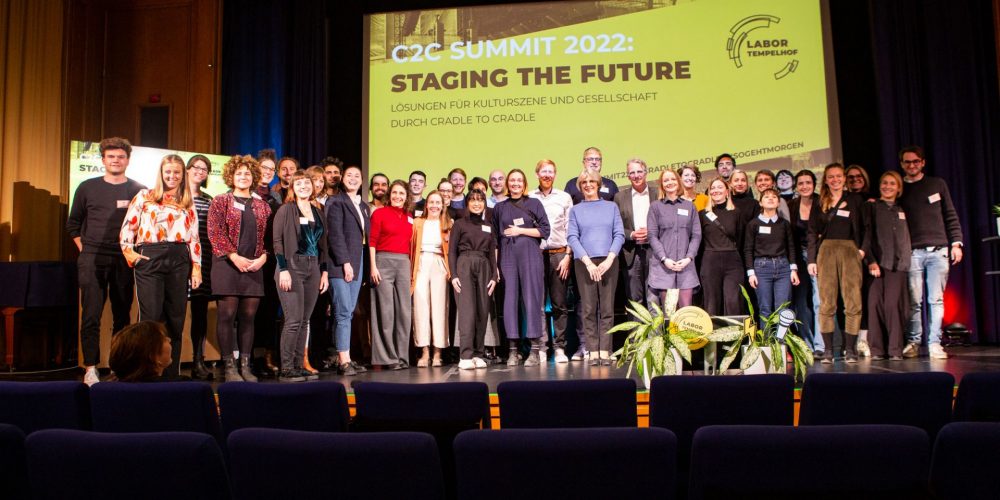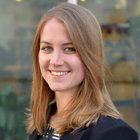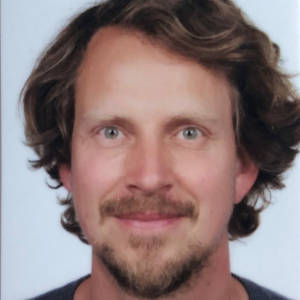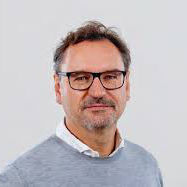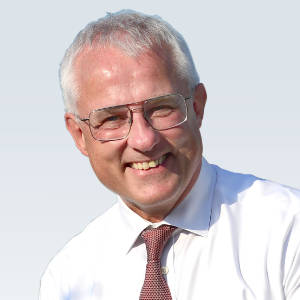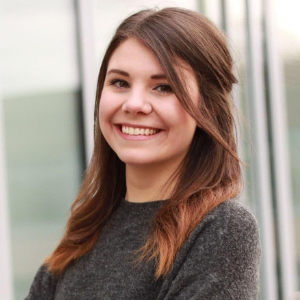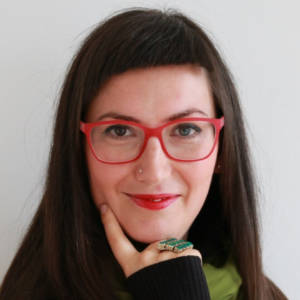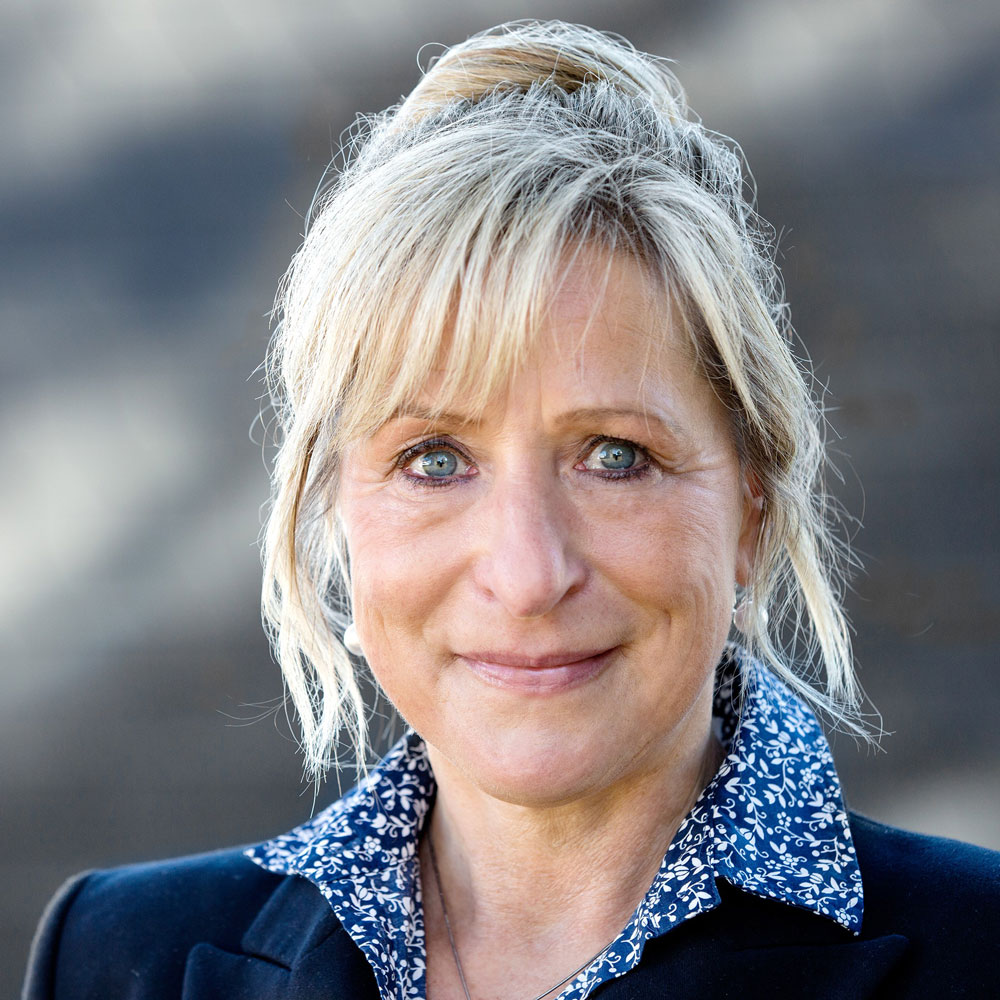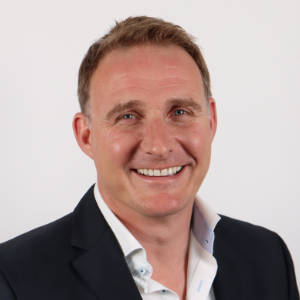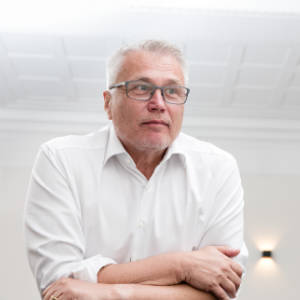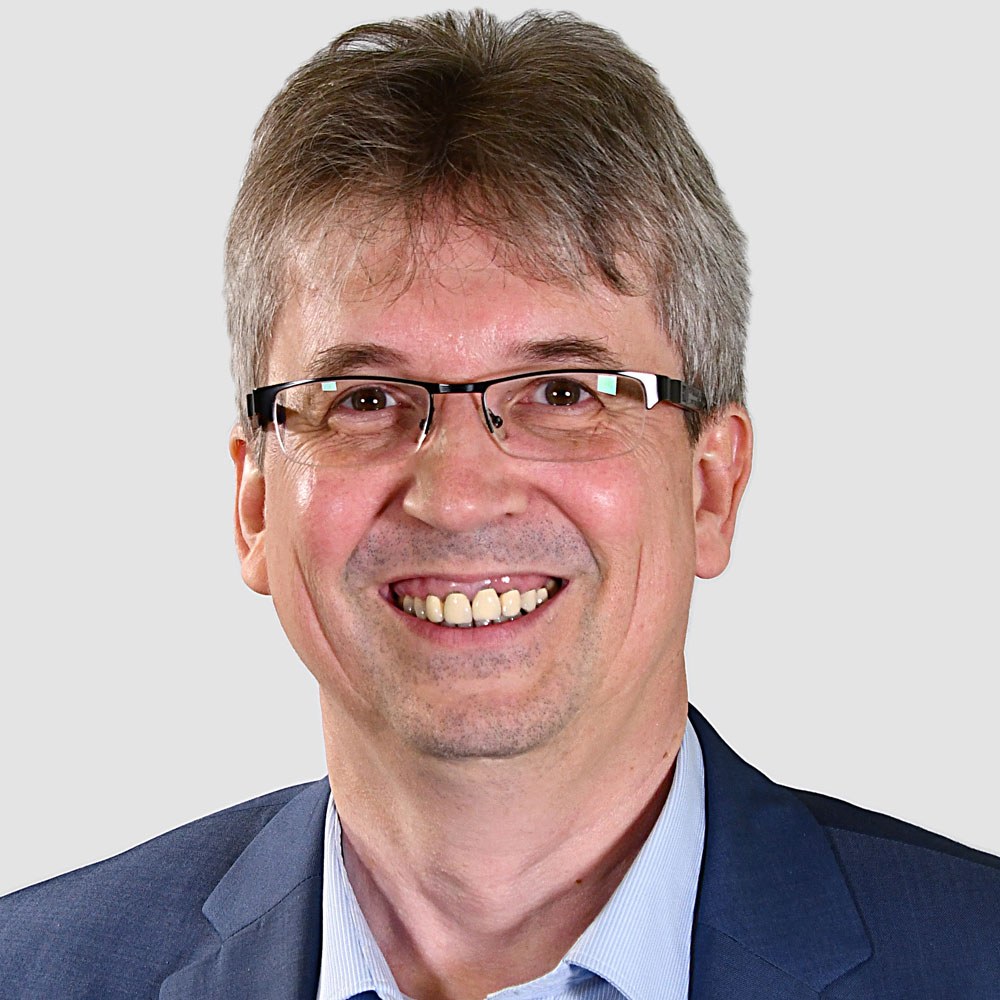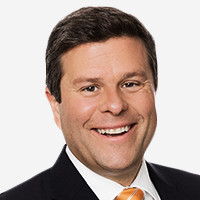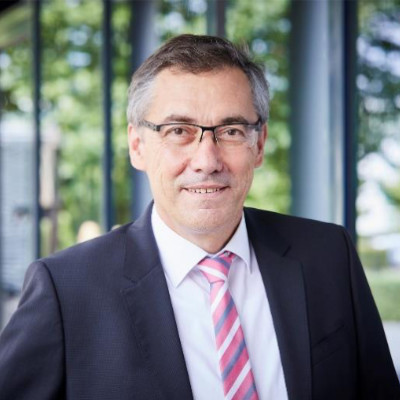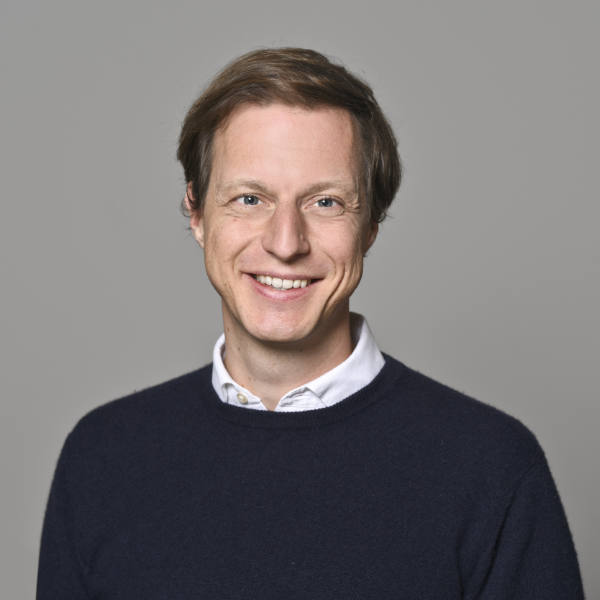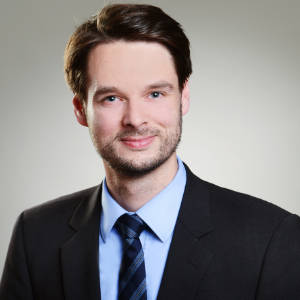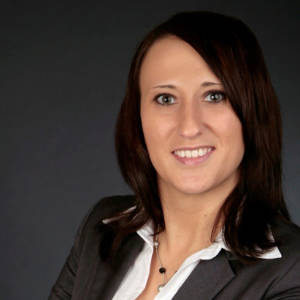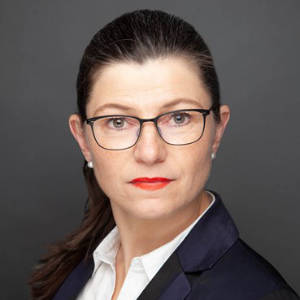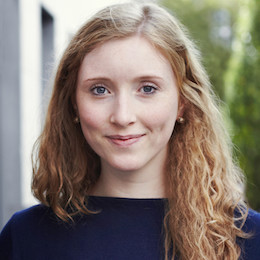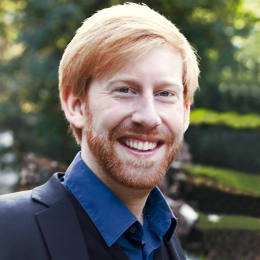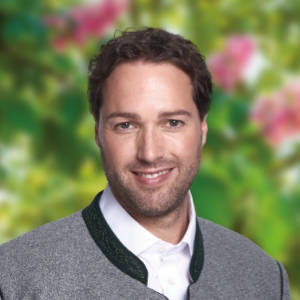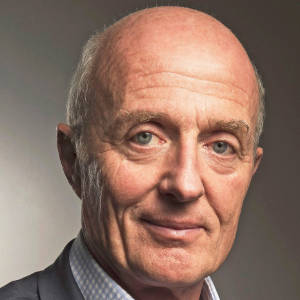With Cradle to Cradle (C2C), we can shape a climate- and resource-positive future – in the event industry and far beyond. To this end, we have joined forces with Loft Concerts GmbH, KKT GmbH – Kikis Kleiner Tourneeservice and Side by Side Eventsupport GmbH as initiators, and Die Ärzte and Die Toten Hosen as facilitators with the
Laboratory Tempelhof
provided the impetus. But the concerts in August 2022 were just the start of the transformation process: at the C2C SUMMIT: STAGING THE FUTURE on November 22, 2022, 35 speaker*s discussed how the C2C and sustainable solutions of Labor Tempelhof can be scaled and carried into society. Around 200 people participated on site at the Urania Berlin and via livestream.
The four planned concerts at Labor Tempelhof were the first time an attempt was made to replace all products and processes with C2C-
Improve innovations. For this, C2C innovations and sustainable alternatives from the areas of mobility & logistics, energy, nutrients, food & agriculture, water, building & construction, textiles, plastics and packaging, and digitalization were planned. This was not possible everywhere due to a lack of technical implementation options or for cost reasons – in this case, the best possible ecological alternatives were implemented. The cases show which C2C innovations and alternative sustainable solutions are already available today, even in the event context. How these solutions can now be taken into society was discussed at the Summit.
To kick off the Summit, Tim looked at the goals of the project. “At the Tempelhof Lab, it was clear from the very beginning that we had to set ourselves positive goals in order to drive the transformation of the event industry and society in the direction of Cradle to Cradle. The fact that we discussed the results today with representatives of the event industry, business, federal, state and local politics shows: We need to tackle this issue together and have set a milestone for this with this project.”
“The Summit was a successful start for the next project components within the framework of Labor Tempelhof, such as the event series and the exhibition in the coming year. The project is intended to become a transformation platform for all those who, together with us and our co-initiators, want to show how we can implement Cradle to Cradle in practice today and make it a reality”.
,
Nora commented on the C2C Summit.
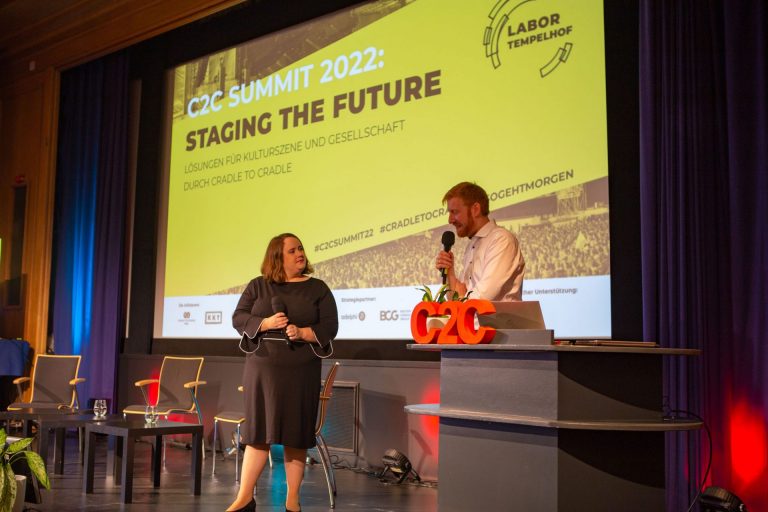
Circular economy according to C2C as a solution for our crises
Ricarda Lang, Member of the Bundestag and Bundesvorsitzende BÜNDNIS 90/DIE GRÜNEN, highlighted in her keynote speech the positive goals of Labor Tempelhof and stressed the need to involve each individual in such projects and make them part of the change. We would have to understand as a society that we are in several crises at the same time. But: “We already have a solution to the climate, biodiversity and raw materials crisis in hand, we just have to implement it: The circular economy. It is one of the best solutions we have,” she said. The Tempelhof laboratory had vividly demonstrated how such solutions can be implemented in concrete terms.
Deeper insights into the practical implementation of the project were given by Jonna Clasen, project manager of the Tempelhof Laboratory of C2C NGO, and Sarah Lüngen, part of the Tempelhof Laboratory project management of The Changency (i. A. v. SBS Eventsupport). They stressed the need to be clear from the outset what the biggest levers are to make events as climate and resource positive as possible. One challenge in the planning and implementation of the Labor Tempelhof concerts was the coordination of the many different trades. “It takes a lot of communication and coordination,” Lüngen made clear. Clasen added that the ambassadors who educated visitors about Cradle to Cradle and the project were also important for the overall communication concept.
The next panel, moderated by Nina Eichinger, looked beyond the project and into Berlin’s economic policy. Michael Biel, State Secretary at the Berlin Senate Department for Economic Affairs, Energy and Operations, and Simon Margraf, Head of Business & Politics at the Berlin Chamber of Commerce and Industry, discussed the findings of the Tempelhof Laboratory and how they can be incorporated into Berlin’s strategy for the future. Biel reported that the topic of the circular economy is becoming increasingly important in the capital and should be promoted financially: “We are preparing everything so that Berlin becomes “the place to be” for Circular Economy and Cradle to Cradle.” To achieve this goal, the city works closely with the Chamber of Commerce, he said. “We must use every opportunity to move the future of Berlin-Brandenburg forward in the direction of a circular economy and cradle to cradle,” Margraf added.
Making circular transformation measurable
The Tempelhof laboratory was accompanied by a comprehensive impact measurement, supported by the Boston Consulting Group. Water savings, CO₂ reduction and much more: The results will be published transparently in a guidebook for the event industry in early 2023. The panelists basically agreed that measurability of sustainability efforts and circularity was incredibly important to be able to scale. Alexander Meyer zum Felde, Partner and Deputy Managing Director of the Boston Consulting Group, made it clear that this does not just have to be about reduction and renunciation. “We have to understand that climate protection and the circular economy don’t mean not having fun. We have to get the narrative there so that people understand: C2C is fun,” says Meyer zum Felde. Culture and measurability, however, are not necessarily close, said Jacob Sylvester Bilabel, head of the Action Network Sustainability in Culture and Media. But the culture industry is in a permanent process of transformation, he said, recognizing that better measurability of sustainable solutions can contribute to transformation. That’s why the Action Network is currently developing a CO₂ calculator for the cultural sector. Nicole Wuttke, Head of Sustainable Event Management at the event agency mediapool, referred in particular to the event planning process. “The course for sustainability is set there. In planning, we ask ourselves: What goals can we set and what can be measured?” says Wuttke. Together with a certification agency, Mediapool has defined its own sustainability criteria, which are now being implemented at events.
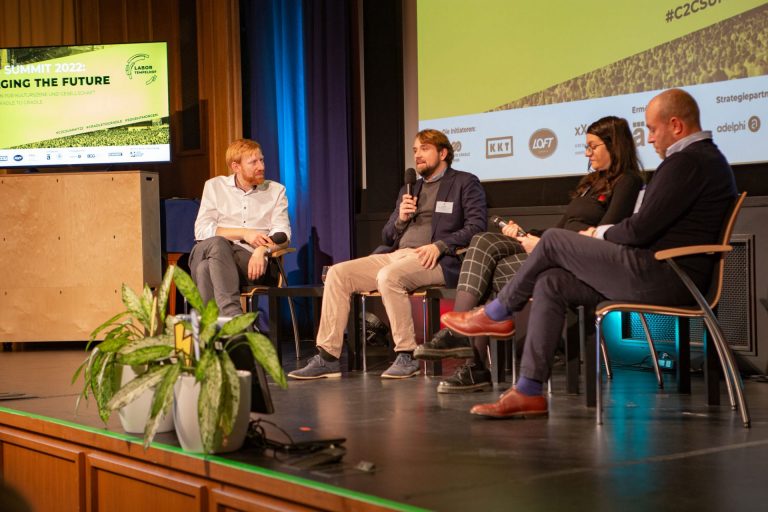
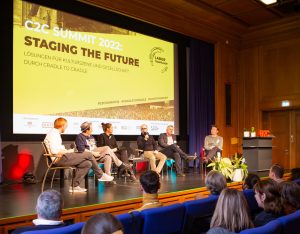
Overcoming challenges together
The panelists on the next panel then discussed the challenges of implementing circular solutions in the event context. “We saw a need for action and decided that it can’t go on like this. There is a great willingness among artists, organizers and fans – I see a lot of positive things for the future,” said Bela B, musician with Die Ärzte and member of our advisory board, describing the band’s motivation to make their concerts available for Labor Tempelhof. The knowledge gained from the project must now be passed on, added Tabea Kaplan, tour management Die Ärzte/artist management Bela B “It is not easy to find trained people in the event industry who deal with sustainability. There needs to be more training on sustainability in the event sector,” Kaplan commented.
Manuel Wrobel, Head of Business Development at visitBerlin, also observed a growing interest in truly sustainable solutions. “Interest is growing more and more – including the awareness that sustainable and circular solutions can and may cost money, because there is no alternative in the long run. There is no option to simply carry on as before,” Wrobel said. Changing the status quo is also the goal of Prof. Thomas Sakschewski, Event Management and Technology at the Berlin University of Applied Sciences. With his project team, he provides scientific support for sustainability concepts for major events. But he says sustainability is also ultimately about supply and demand, including in terms of easy-to-use, sustainable solutions for event concepts. “Currently, demand is high and supply is rather weak, in many areas,” Sakschewski noted, but at the same time welcomed the impetus that came from Labor Tempelhof. “Labor Tempelhof has shown: it is possible. Now we have to move away from the individual case to the standard case. Politically, I still see room for improvement,” added Julian Schwarze, Member of the Bundestag. as well as Spokesman for Urban Development, Tourism and Club Culture, Alliance 90/The Greens.
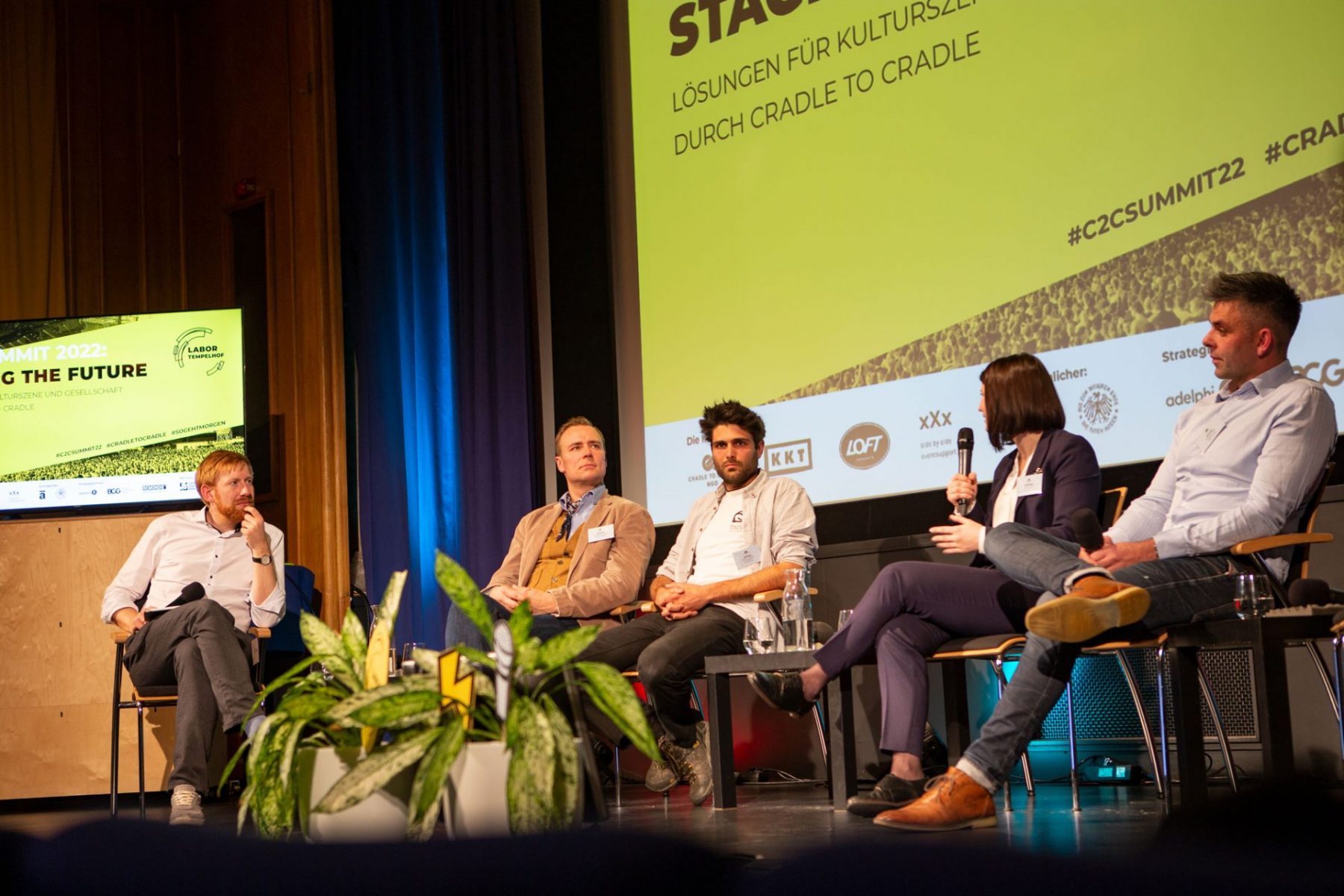
Phosphorus cycles and nutrient logistics
In the breakout sessions that followed, participants delved into various subtopics of the project: nutrient management, infrastructure, textiles, and mobility.
Part of Labor Tempelhof’s sanitation concept was composting toilets, from which nutrients were recovered, processed into fertilizer and thus recirculated. This approach not only solves problems such as the decreasing availability of the resource phosphorus. “We have a better recycling rate, we’re putting carbon into the soil, we’re turning the soil back into a sponge – we’re doing climate change mitigation and climate change adaptation all in one,” explained Florian Augustin, general manager at Finizio, the manufacturer of the dry toilets used. Tabea Knickel, Managing Director of the German Phosphorus Platform, emphasized the need for phosphorus recycling: “We are protecting our soils and groundwater and can make ourselves less dependent on other countries. This is important to close cycles and use pollutants in lower concentrations.” The solid contents of the composting toilets used at the Tempelhof laboratory are completely processed into humus, which is used as a nutrient-rich fertilizer in a pilot plant operated by Kreiswerke Barnim in Eberswalde. The phosphorus contained in urine is used to produce liquid complex fertilizer as part of the ZirkulierBAR research project.
.
The sanitation concept was supplemented by mobile toilets from Wölkchen, the contents of which were diverted to the Berlin-Waßmannsdorf wastewater treatment plant, where phosphorus was also recovered from them. Matthias Heise, a partner at Wölkchen GbR, sees a high level of acceptance among the population for these solutions. “Many end consumers* see the added value in the ecological consideration and resort to resource-saving products,” says Heise. Such concepts can be combined with technologies for the treatment of graywater in order to also recycle water as a valuable resource. Christian Kehrberg, process engineer at Greenlife, explained how lightly polluted graywater, for example from hand-washing sinks, only needs to be minimally purified by osmosis plants so that it can then be used for flushing toilets, for example.
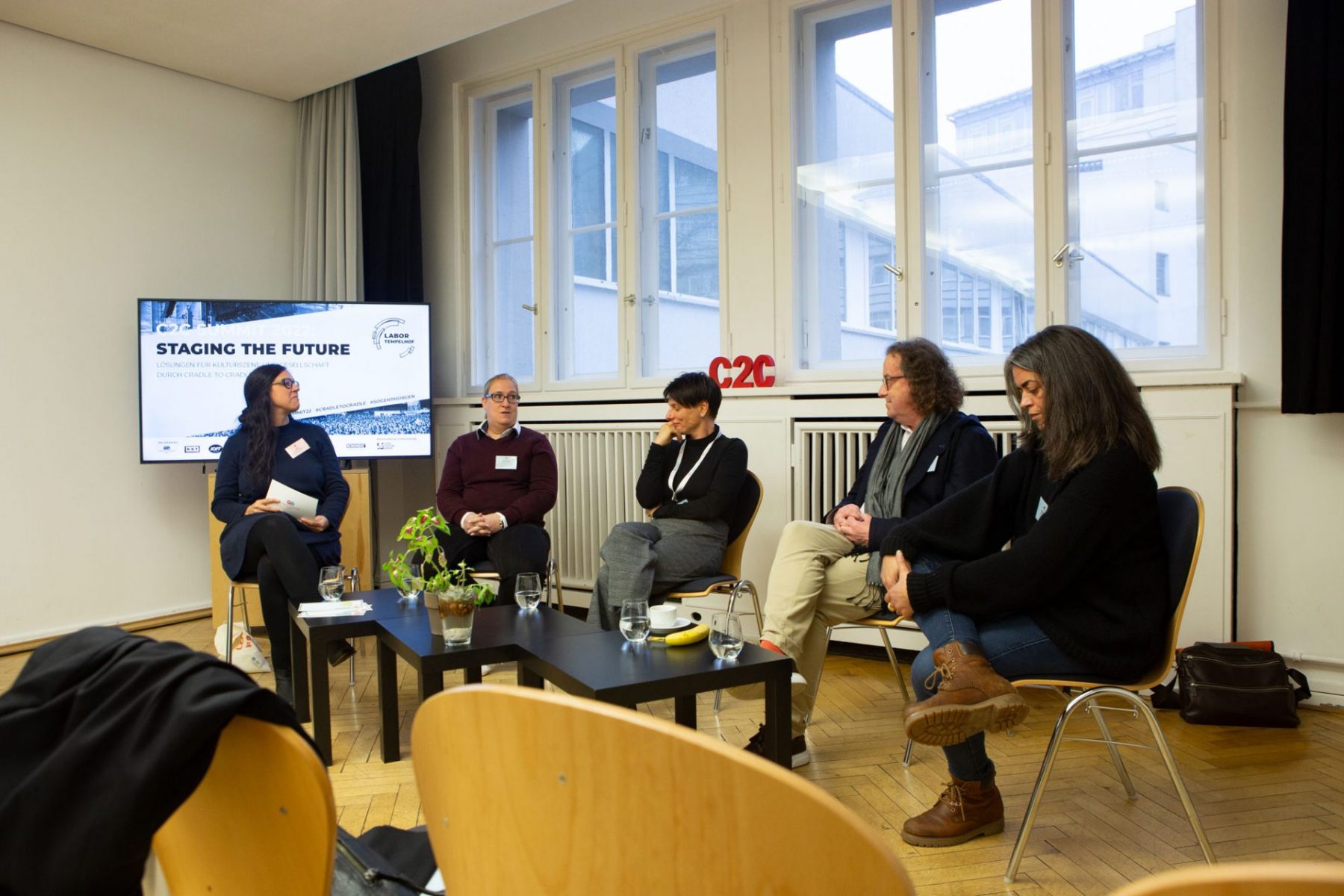
Stage dive – stages capable of circulation
A concert is nothing without a stage – but what can a stage look like according to C2C? Companies such as Zinq, Novotech, eps GmbH and Megaforce, among others, deal with this. “Stages and lighting thrive on staying in circulation as long as possible-we have stages that are almost 20 years old. But with that now comes questions like: What raw materials do we buy? Where and how do we have stages fabricated, and how can we get them into a recycling process?” is how Celine Kühnel, Managing Director of eps Gmbh, described her company’s situation. This question is also linked to a different understanding of the value of materials and resources. “For us, zinc is a valuable material, not just a material. When we use zinc, we have an interest in recovering the raw material,” says Lars Baumgürtel, CEO of ZINQ Group, who also advocated strengthening the exchange between suppliers of stage or construction solutions and the manufacturers of the materials used in them. “We want to value our future and the input materials of the future,” agreed Susann Krohn, project manager for Cradle to Cradle at Novotech. Nadine Wolff, project manager for stages and event infrastructure at Megaforce, emphasized that scaffolding and stage structures themselves are already relatively circular. “But we have great potential in consumables, so that’s a big lever,” she said. For this reason, Labor Tempelhof had a stage construction prototype in which all components were deconstructible and could be reused or completely recycled.
Merchandise according to Cradle to Cradle
From molleton to merchandise: In the textile sector, too, the initiators of Labor Tempelhof have tried to implement as many C2C solutions as possible. For example, some of the T-shirts from the merchandise of Die Ärzte and Die Toten Hosen and shirts of the C2C ambassadors* were produced according to C2C criteria. Attention was paid not only to recyclability, but also to material health. “With C2C, we consider from the outset how to design the textile and what the usage scenario is: Is the material suitable for skin contact?” explained Jonna Clasen, C2C NGO’s Tempelhof Laboratory Project Manager. Jana Hack, consultant at Adelphi, agrees that material health is not just “nice-to-have”. “Businesses, recycling and sorting service providers are left to struggle with material decisions made more than a decade ago. It’s even more important to make smart material decisions today that we won’t regret ten years from now,” she said. This applies not only to T-shirts, but also to technical textiles such as molleton, where recyclability is often still in short supply. “Stage fabric is used like disposable paper. We’ve managed to turn that around completely. We source the cotton once and use it for as long as possible. At the end of use, the curtains then go back to the manufacturer,” explained Marcus Stadler, environmental officer at event technology and event architecture provider satis&fy AG, who use a circular molleton that was exhibited as an example at Labor Tempelhof.
More information on the individual C2C cases can be found on the
project website
.
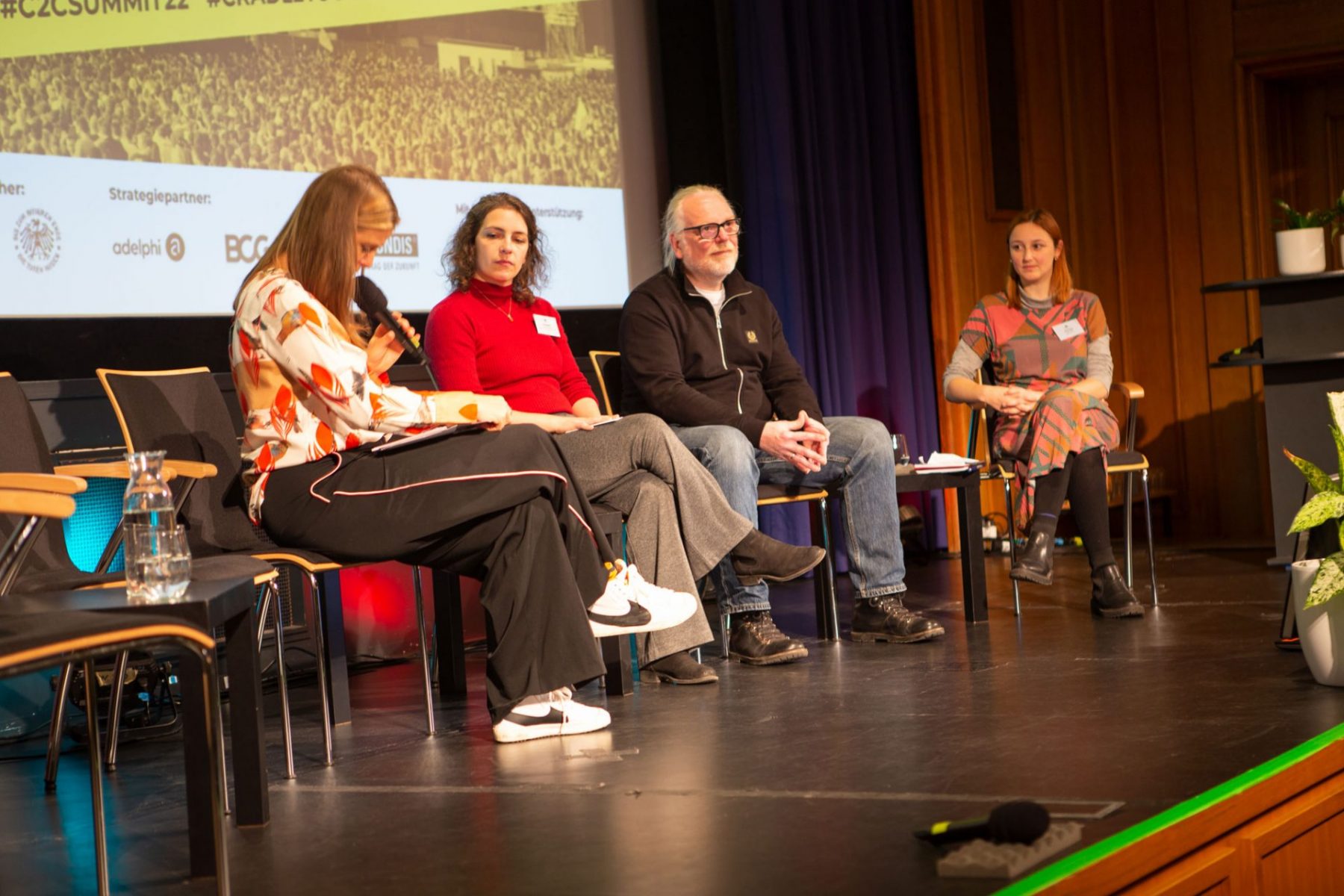
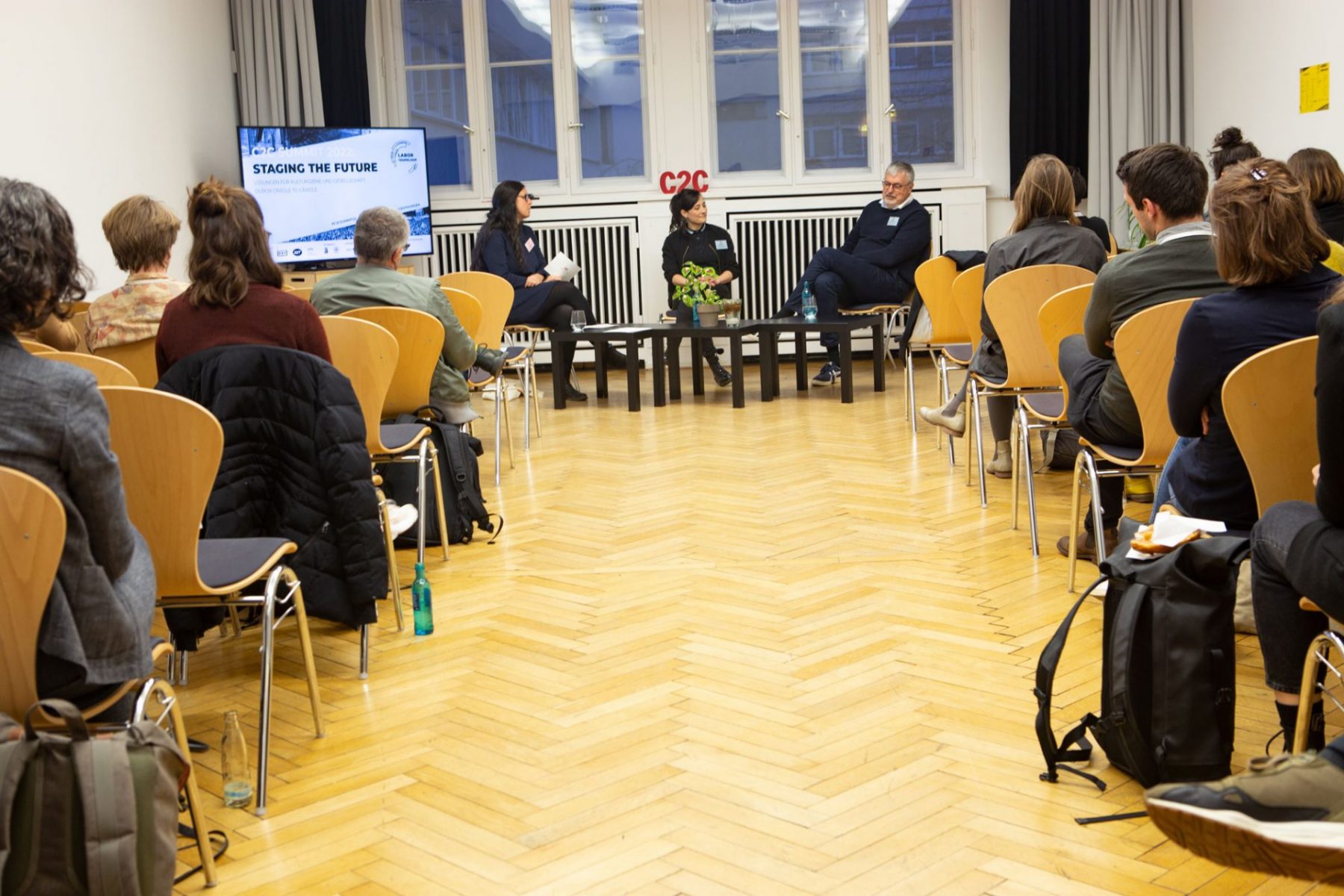
Smart mobility concepts
The biggest lever for making large-scale events as climate- and resource-positive as possible is mobility. Half of an event’s CO₂ footprint is caused by visitors traveling to and from the event. Causes. “Visitors are the elephant in the room when you talk about CO₂-reduction speaks. As the organizer, however, you can control this very well through communication with the concert visitors,” reported Katrin Wipper, founder of the sustainability agency The Changency and part of the project management of Labor Tempelhof. For example, a free public transport ticket for the day of the event could be included in the concert ticket. Arno Schwarz, business development manager at mobility company Pepper motion, meanwhile, wants to enable locally emission-free touring in the coming years with a range of electrically powered semi-trucks and nightliners in operation. To this end, the company is converting diesel commercial vehicles to a battery drive. “We want to create a pool of electric commercial vehicles by 2024/25, including charging infrastructure through aggregates,” Schwarz said. There is a great demand for this among artists and events, but so far such a service has been completely lacking.
Deeper insights into the Tempelhof laboratory
Further insights into the project were provided by Dr. Anne Lamp, CEO & Co-Founder of Traceless, a start-up specializing in the production of a plastic alternative. For Labor Tempelhof, French fry forks were to be made from this material, but the C2C solution could not be scaled up in time. “Prototypes came out, but mass production was not yet possible in terms of time before the concerts. In the meantime, however, we are able to produce in larger quantities and we are very happy to have kicked off in the direction of C2C disposable cutlery,” she said, describing the process. The fully compostable material should be able to replace a significant amount of plastic in the future.
A circular economy according to Cradle to Cradle must go hand in hand with digitization in order to make material flows measurable and transparent in terms of quality and quantity – this became clear in the next impulse.
“
For me, digitization is the cornerstone of a functioning circular economy, because we need to record what’s in where. This is how we can make a data exchange more tangible
“
explained Katrin Bahlo, Product Manager at digital materials platform Madaster Germany. Technology can be a tool for truly sustainable solutions, added Miriam Oglesby, project manager at IBM. In the software area, there is great potential for new working models, and in the hardware area, care must be taken to ensure that the individual components can also be separated from one another again.
The Tempelhof laboratory was able to be implemented with 100% green electricity – that is not a matter of course for concerts of this magnitude.
“
We have found good ways to turn visions into reality. We have to fight to change the structures so that these solutions can become suitable for everyday use
“
, said Stefan Mohnen, production manager at SBS Eventsupport and responsible for the production of the Labor Tempelhof concerts, from the field. However, implementation only works if there is the will to do so on the part of the event and band, says Mohnen.
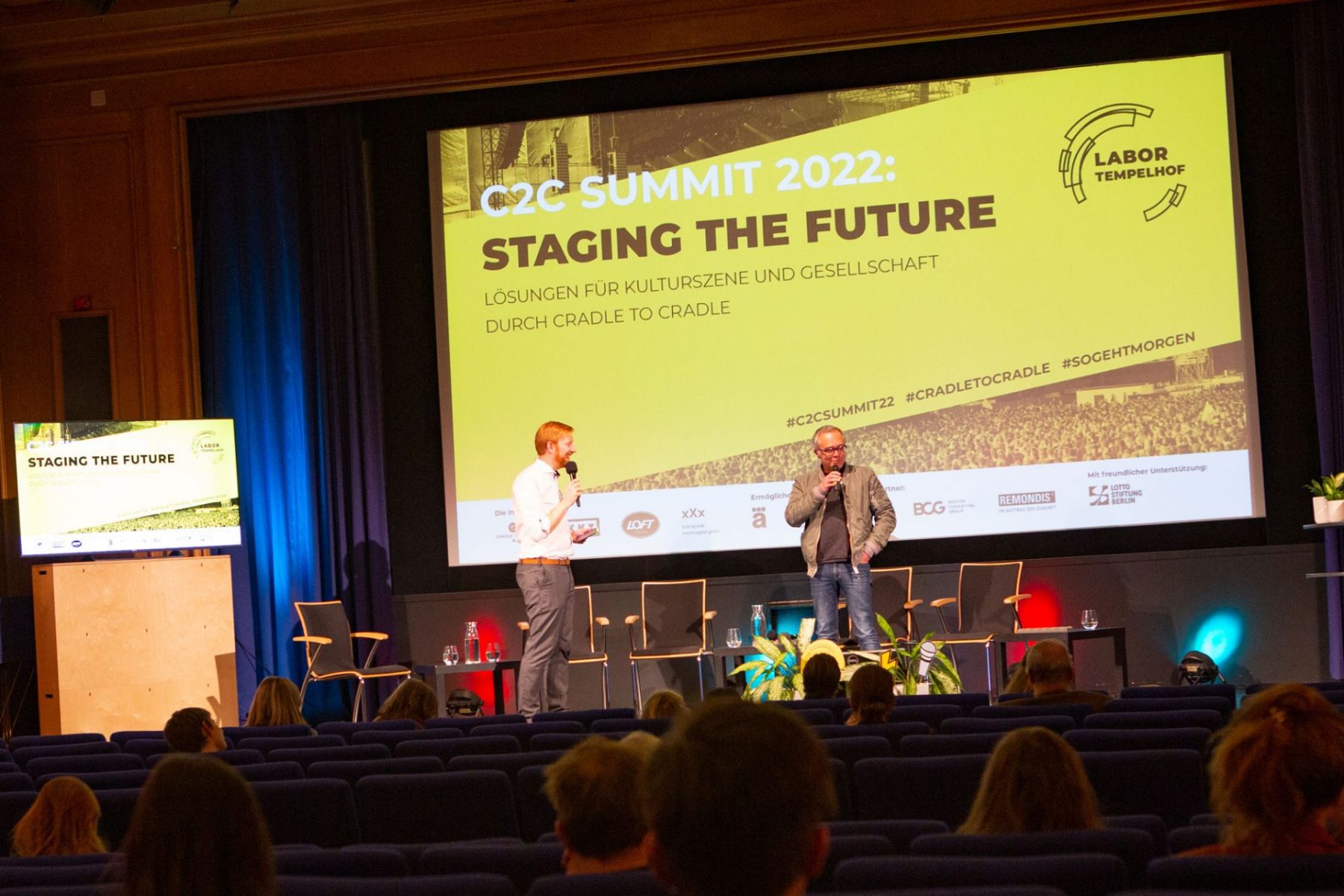
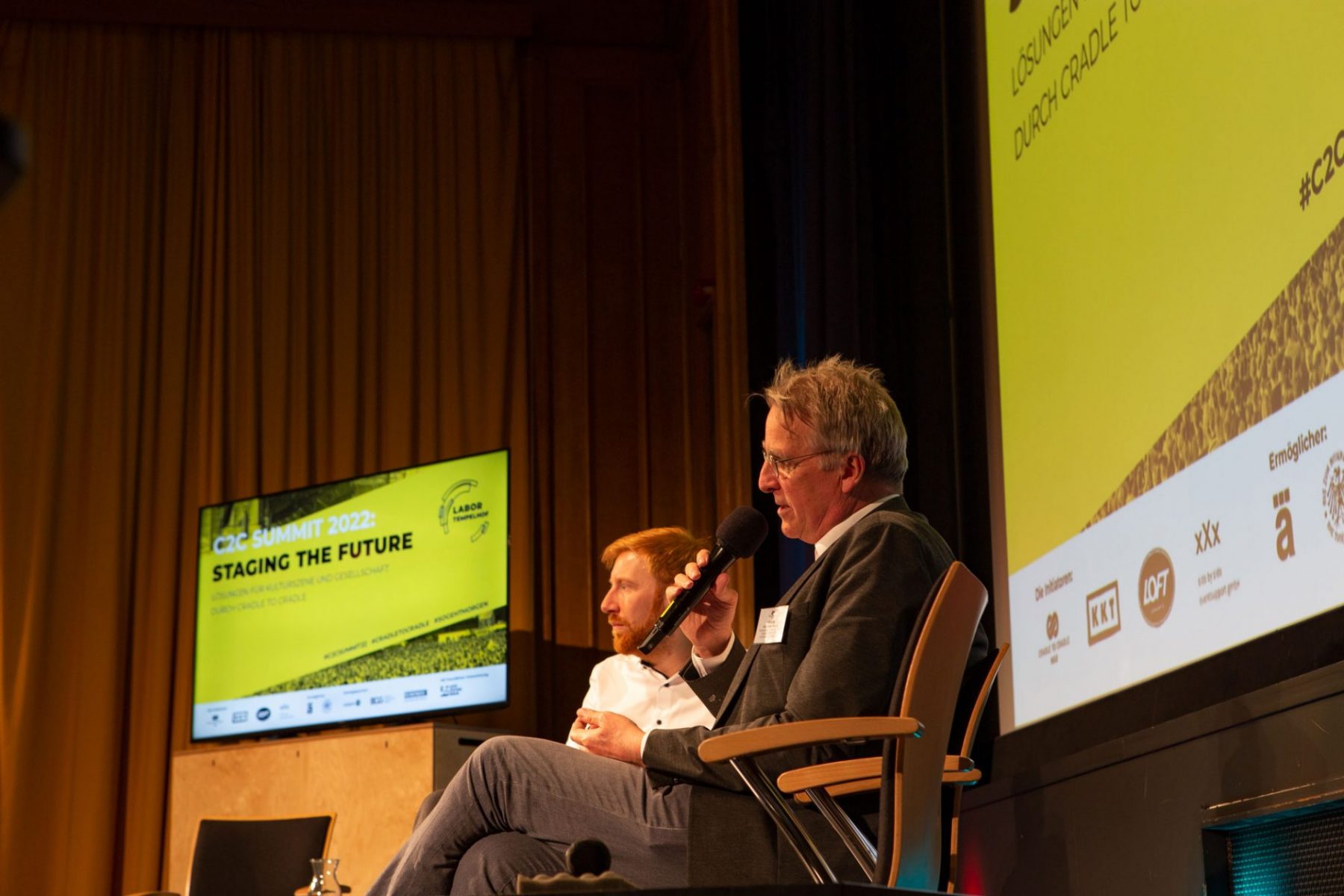
Learning from the cultural industry
Finally, Cradle to Cradle and Labor Tempelhof were looked at from a political perspective. Stefan Wenzel, Member of the German Bundestag and Parliamentary State Secretary at the Federal Ministry of Economics and Climate Protection, said that the issues of resources and dependence on raw materials had become the focus of the German government as a result of the war against Ukraine.
“
We have a dependence on other countries for raw materials. You can see now what the consequences of that can be. That’s why we as a government have put energy supply, climate protection and the circular economy at the top of our agenda
“
, he said. But for a circular economy to really become a reality, we would have to start integrating external costs into product prices. A lot can be learned from the cultural sector and the Tempelhof laboratory.
Wenzel concluded.
The main program of the event was recorded and can be viewed
here
here.

